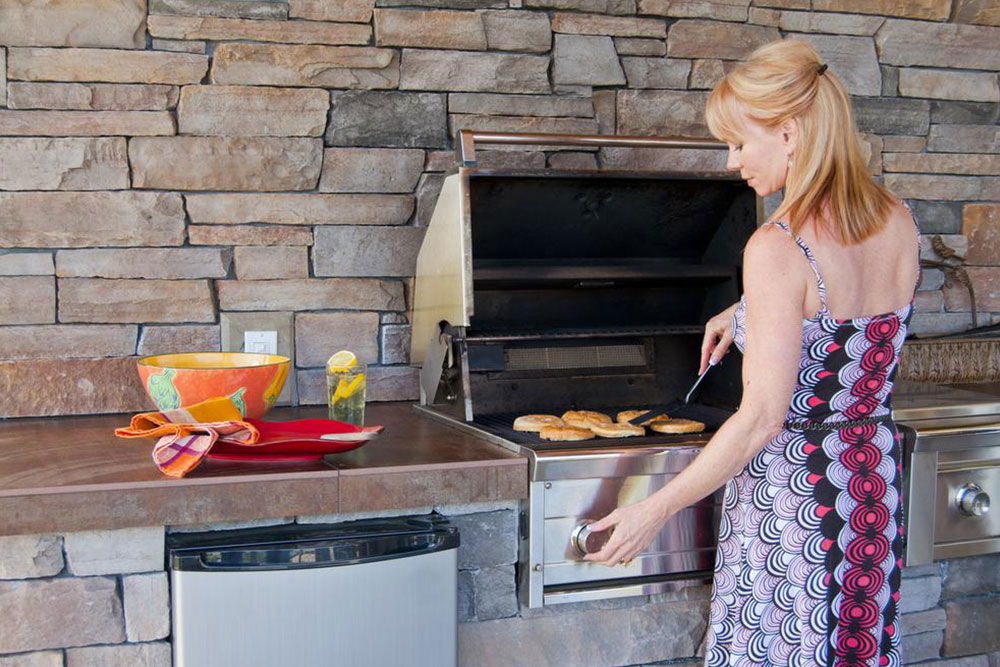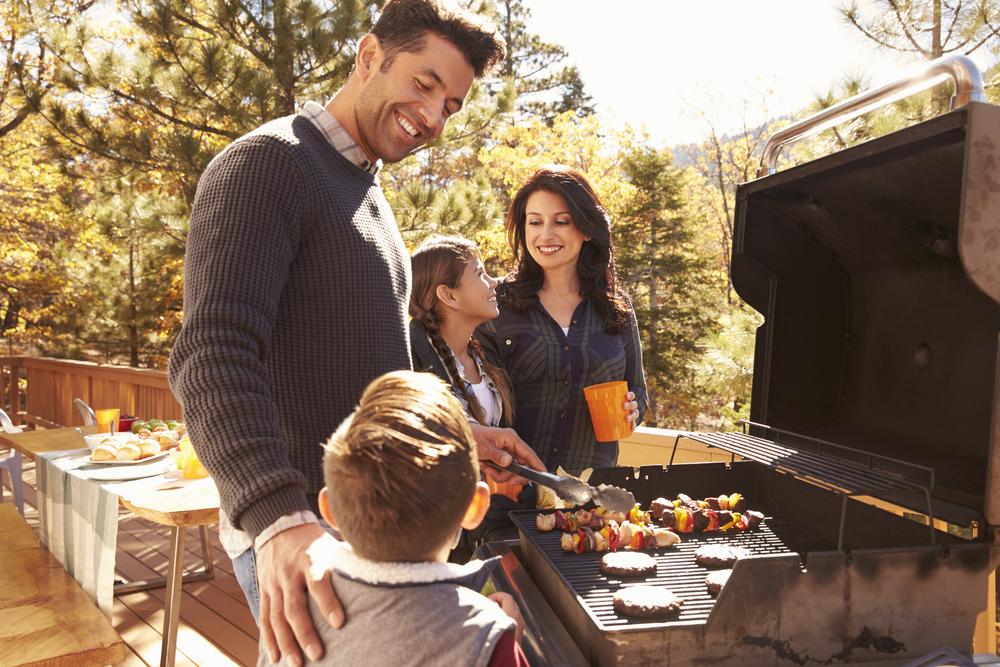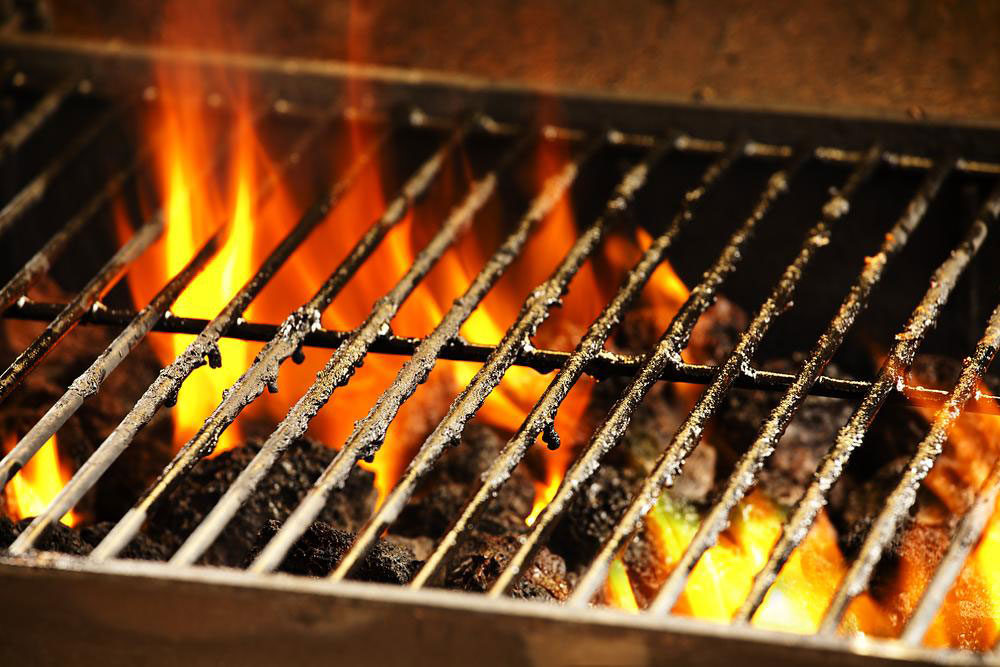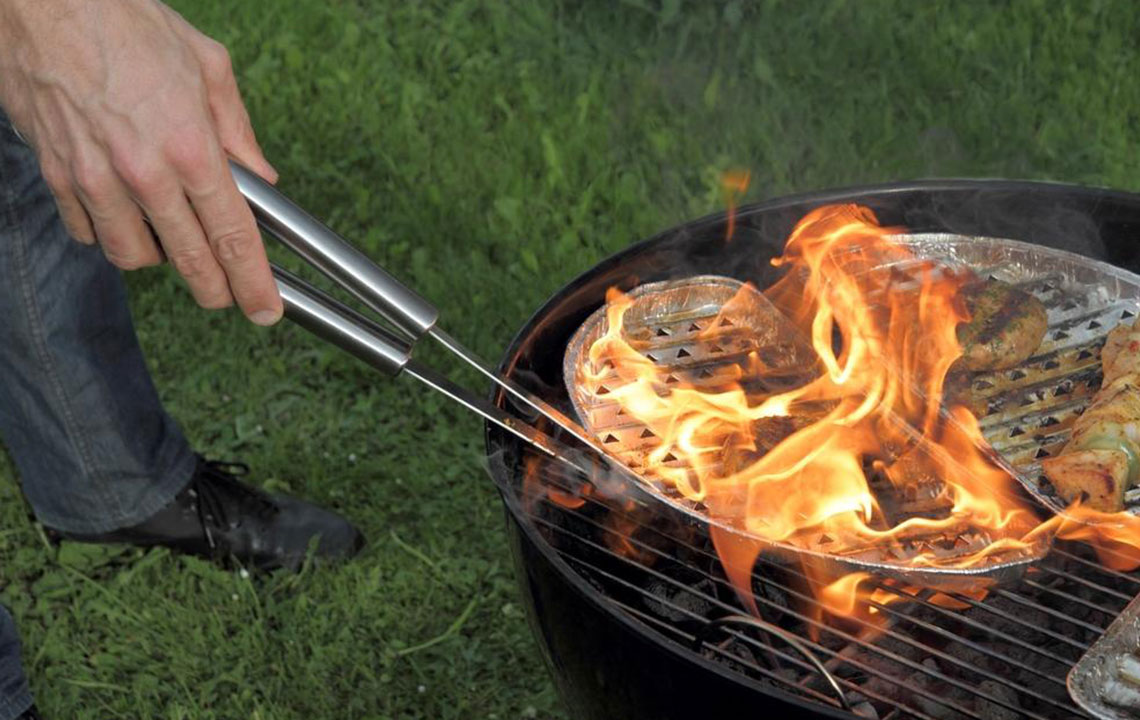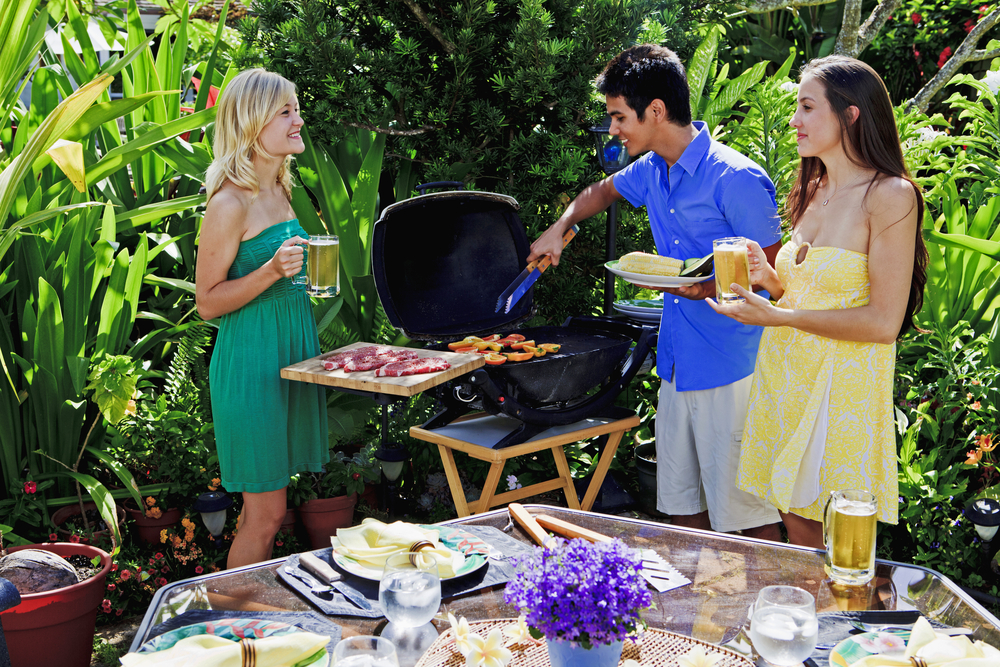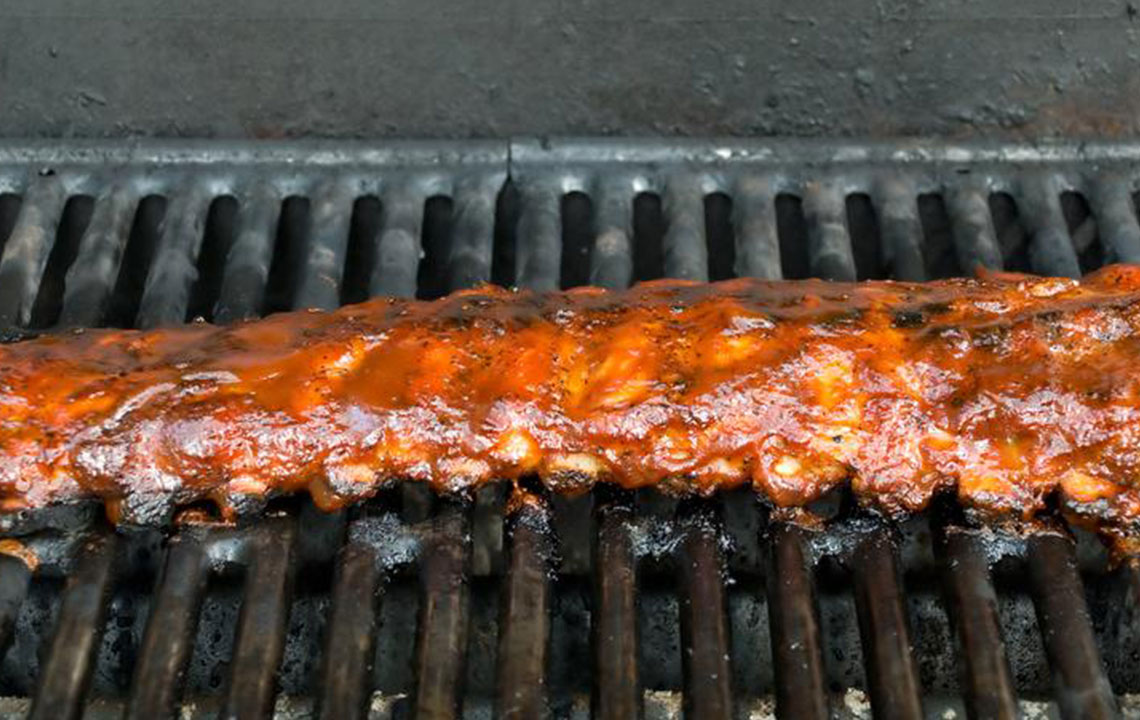Comprehensive Guide to Maintaining a Clean and Efficient Charcoal Grill
Discover comprehensive tips and detailed procedures for maintaining a clean, efficient, and long-lasting charcoal grill. Learn about essential tools, step-by-step cleaning routines, preventive measures, and safety tips to enhance your outdoor cooking experience and ensure safety. Regular upkeep not only improves flavor and performance but also prolongs your grill's lifespan, making every barbecue a success with minimal effort.
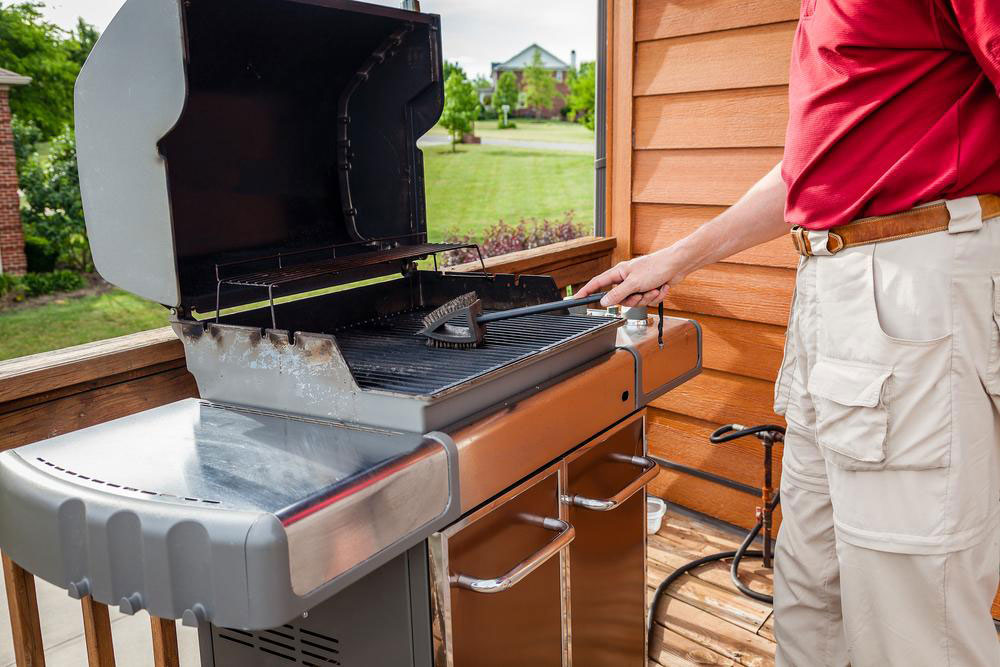
Comprehensive Guide to Maintaining a Clean and Efficient Charcoal Grill
Owning a charcoal grill offers a unique and rich flavor to your outdoor cooking experience. However, to maximize its performance and longevity, regular cleaning and maintenance are essential. A well-kept grill not only produces better-tasting food but also ensures safety, efficiency, and durability. Whether you're a casual griller or a passionate barbecue enthusiast, understanding the best practices for cleaning your charcoal grill is vital. This extensive guide will walk you through every necessary step and tip to keep your grill spotless, functional, and ready for your next cookout.
Maintaining your charcoal grill involves more than just occasional washing. It requires consistent effort, the right tools, and proper techniques. From removing ashes and residue to preventing rust formation, each step plays a role in extending your grill’s lifespan. Regular cleaning also minimizes health risks associated with grease and leftover food debris that can harbor bacteria or cause fires. Moreover, a clean grill performs better, providing even heat distribution and avoiding flare-ups.
Why Regular Cleaning Is Crucial
Over time, ash, grease, and food particles accumulate inside your grill. If neglected, this buildup can lead to several problems. Ash can block airflow, reducing the heat efficiency. Grease and food residue become breeding grounds for bacteria which can pose health threats. Rust can form on metal parts, weakening the structure and leading to costly repairs or replacements. Additionally, old grease and residue increase the likelihood of flare-ups during cooking, which can be dangerous. Therefore, regular cleaning maintains the safety and performance of your grill and ensures optimal cooking results.
Essential Tools for Proper Grill Maintenance
Wire Grill Brush: For scrubbing the grates and removing burnt food residues.
Steel Wool Pads: To tackle stubborn grease and rust spots on metal surfaces.
Mild Dish Soap or Specialized Grill Cleaner: For cleaning grates, trays, and exterior surfaces without damaging the material.
Scraper or Spatula: To remove debris stuck on the grill surfaces.
Cloth or Cleaning Rags: For wiping down surfaces after cleaning.
Water and Vinegar Solution: A natural cleaning alternative that can help neutralize grease and odors.
Step-by-Step Cleaning Process
Post-Grilling Routine
After each grilling session, allow the grill to cool slightly but not completely cool to prevent rusting. Use a wire brush to scrub the grates thoroughly, removing any leftover charred food particles. If there are stubborn residues, employ steel wool pads carefully. Remove the ashes from the bottom of the grill and dispose of them safely in a metal container, ensuring they are fully cooled to avoid fire hazards. Cleaning the drip trays and grease catchers regularly prevents overflow and buildup issues.
Deep Cleaning for Longevity
At least once a month, perform a more thorough cleaning. Disassemble the removable parts such as grates, trays, and burners if applicable. Wash these components with warm water and mild soap or a vinegar solution. Rinse thoroughly and dry to prevent rust. Wipe down the exterior surfaces with a damp cloth. Check for rust formation and treat it promptly with rust-resistant sprays or paint designed for grills. Reassemble the parts carefully, ensuring all pieces are dry before putting everything back together.
Preventive Maintenance Tips
Preheat the Grill: Before cooking, preheat the grill for 10-15 minutes to burn off any residual debris and facilitate easier cleaning afterward.
Use a Grill Cover: Protect your grill from weather elements like rain, snow, and dust, which can accelerate deterioration.
Store Properly: When not in use, store the grill in a dry, sheltered location to avoid rusting and damage.
Regular Inspection: Check for worn-out parts, cracks, or rust spots, and replace them promptly to maintain safety and performance.
Safety Precautions
Always ensure ashes are completely cool before disposal to prevent fires. Use appropriate disposal containers and avoid dumping ashes into paper or cardboard containers. Wear gloves and safety glasses during cleaning to avoid contact with hot surfaces, grease, or cleaning chemicals. Keep flammable materials away from the grill during cleaning and storage.
Benefits of a Clean Grill
An impeccably maintained grill not only enhances flavor and cooking efficiency but also extends the lifespan of your equipment. It reduces fire hazards, prevents unnecessary repairs, and ensures safer and healthier outdoor cooking. Moreover, a clean grill improves the visual appeal of your cooking space, making your outdoor kitchen more inviting. With consistent care, your charcoal grill can become a dependable companion for countless barbecues and family gatherings.
In conclusion, keeping your charcoal grill spotless requires dedication but offers significant rewards. Regular cleaning, using the right tools, and practicing preventive maintenance can preserve your grill’s condition and ensure stellar performance each time you fire it up. Embrace these practices to enjoy flavorful, safe, and hassle-free grilling experiences for years to come.
